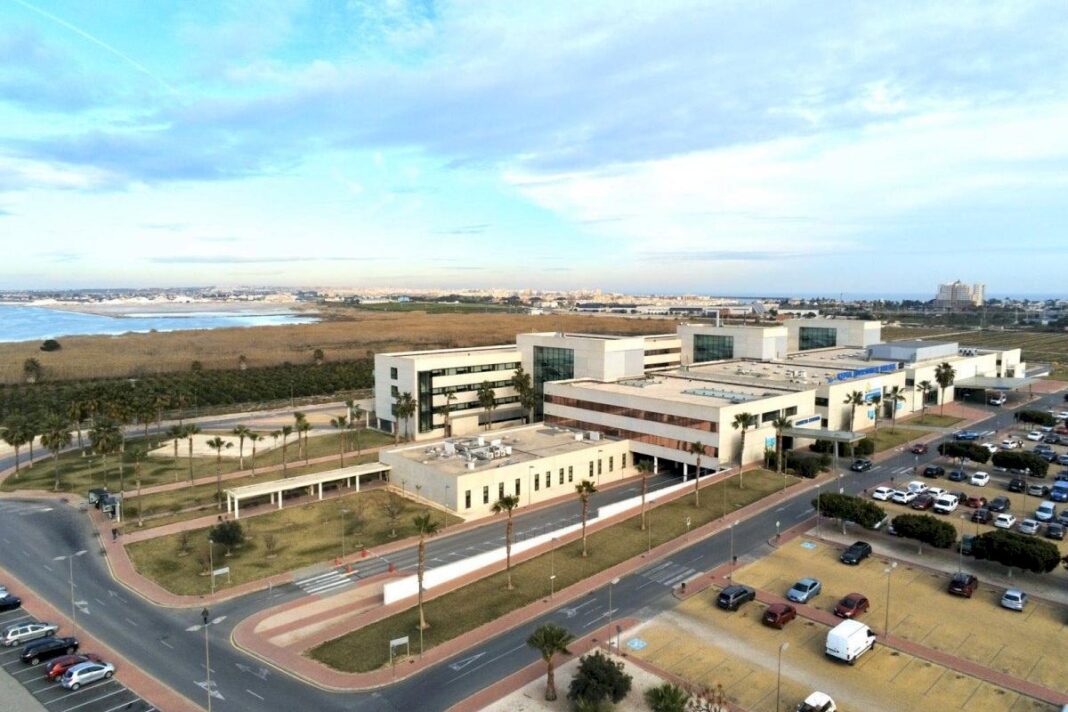Managed by Fisabio, the study, known as ‘La Soledad que Duele’ (The Painful Loneliness), aims to identify tools and strategies to enhance the well-being of elderly patients. A key outcome of this study is the creation of a health asset map, which highlights resources available to the elderly in the cities of Elche and Torrevieja. This map can be accessed at saludmaps.com.
The research team includes staff from the Altabix health centre and the Elche-General Hospital Health Department, as well as colleagues from the Torrevieja Health Department.
The primary goal of the study is to address the impact of unwanted loneliness on the health system and to provide resources that improve the quality of life for the elderly.
Rosi Cuadrado, a nurse at the Altabix health centre and the lead researcher on the project, explained that the study emerged from the concern of a group of nurses and a social worker who were worried about the discomfort experienced by elderly individuals living alone.
To explore this issue, the team conducted an observational study involving two groups of participants: frequent visitors to primary care services (those with more than 16 annual visits, excluding patients with level 3 chronicity) and less frequent visitors.
The data collected included sociodemographic variables, mental health factors, and social support measures, assessed using recognized tools such as the ESTE II Loneliness Scale, the Rosenberg Self-Esteem Scale, the Duke-UNC Social Support Questionnaire, and the TSO Socio-Family Assessment Scale.
Over two years, the research yielded significant results that have implications for both professional and community health sectors, opening the door for further studies and interventions.
One of the study’s key findings is the correlation between excessive use of health services and mental health issues and social support deficits among elderly individuals living alone. Addressing factors such as loneliness and low self-esteem through community and psychosocial interventions could potentially reduce the burden on health services.
Part of the research effort, as highlighted by Alexandra Martínez, a nurse at the Altabix health centre, involved developing tools to enhance the well-being of older adults. This led to the creation of the health asset map, designed specifically for individuals over 65.
To compile this map, the team employed various community-based techniques, including walks to identify resources, interviews, internet searches, and participatory group dynamics with strategic community groups such as older patients, local associations, and neighbourhood representatives.
The map was developed with input from elderly people and their families, using a participatory dynamic from the XarxaSalut guide of the Valencian Community. Participants identified resources they, their families, or friends used, and placed them on a map of their local area to share with the group, fostering greater awareness of available assets.
Rosi Cuadrado emphasized the personal and professional enrichment gained from addressing the issue of unwanted loneliness among the elderly and its impact on the health system. She highlighted the importance of promoting a dignified and quality life for elderly individuals, expressing satisfaction with the project’s progress and the contributions of all participants.
In addition to Rosi Cuadrado and Alexandra Martínez, the research team included María Desireé Paredes, a primary care social worker from the Torrevieja Health Department; María José Montesino, a primary care nurse from the Torrevieja Health Department; Raquel Berna, a primary care nurse from the Torrevieja Health Department; and Alejandro Moya, a biostatistician from the Elche General University Hospital.






